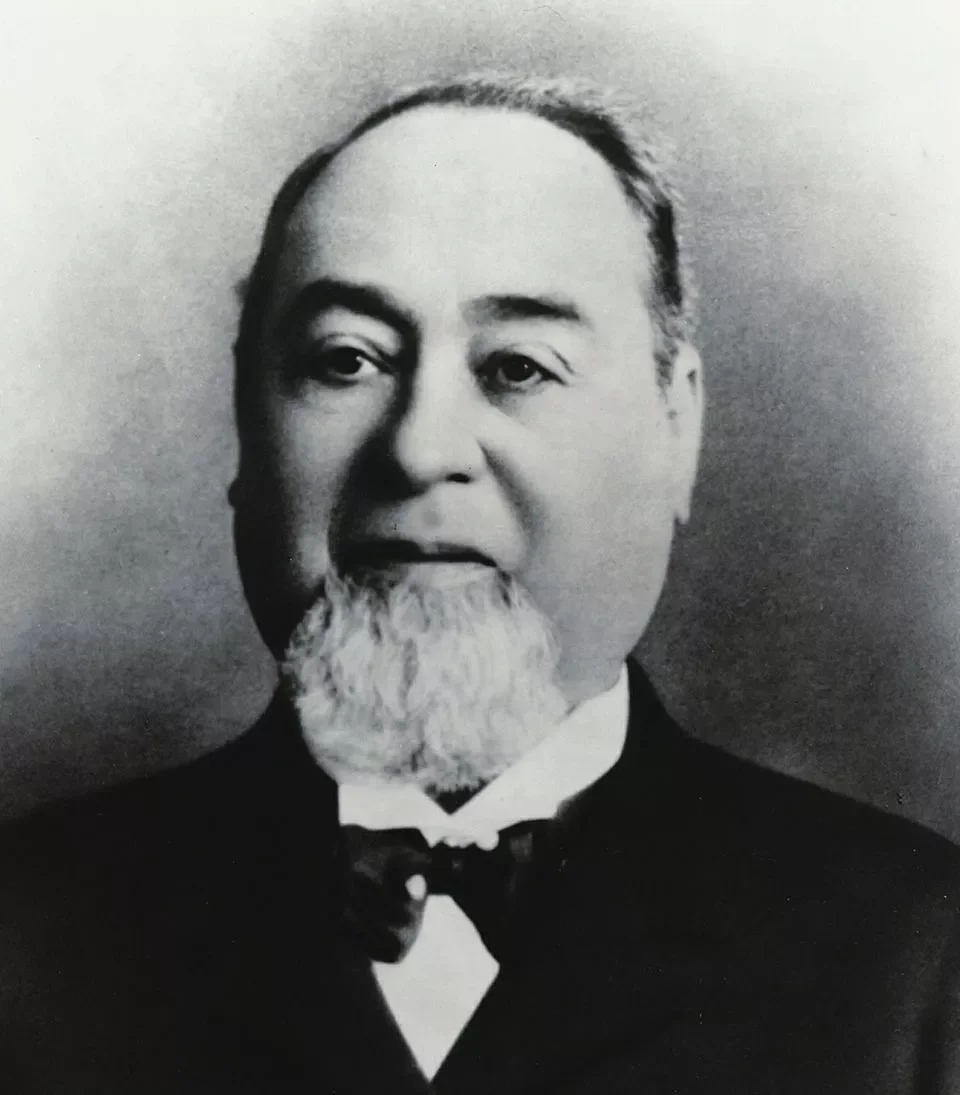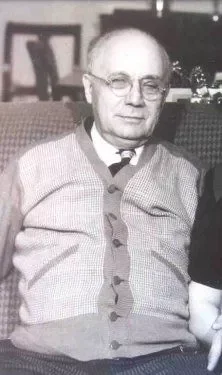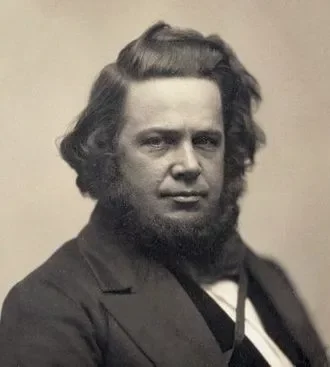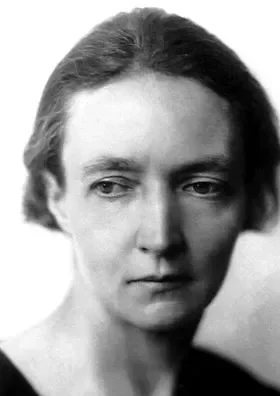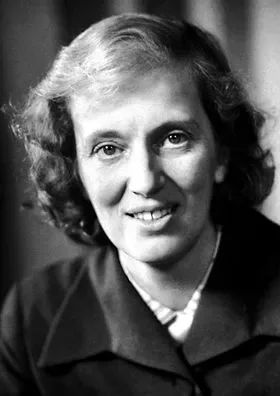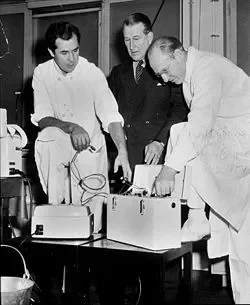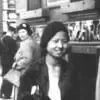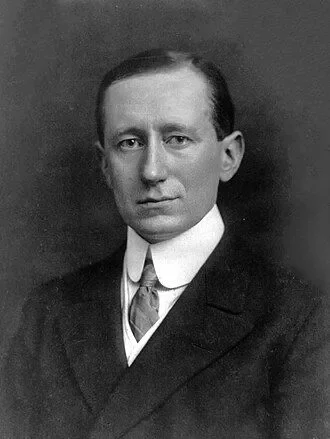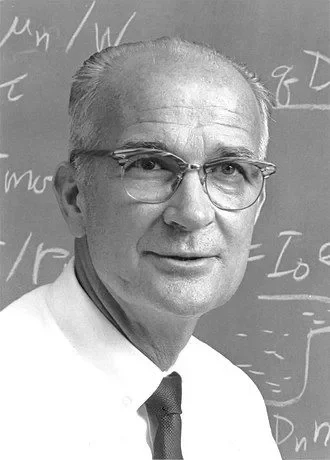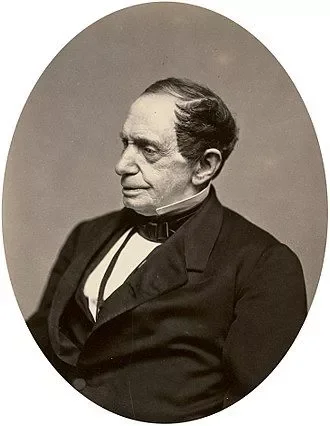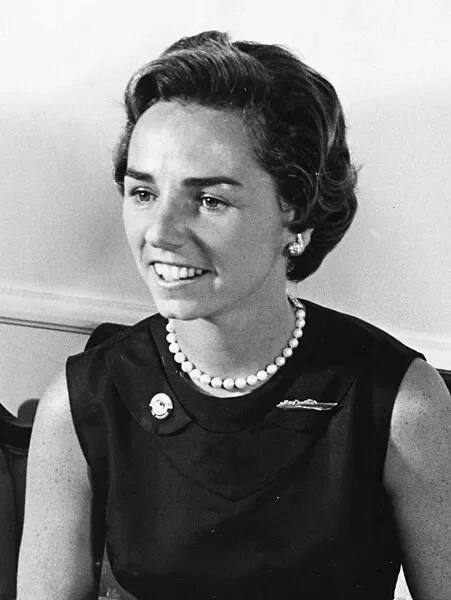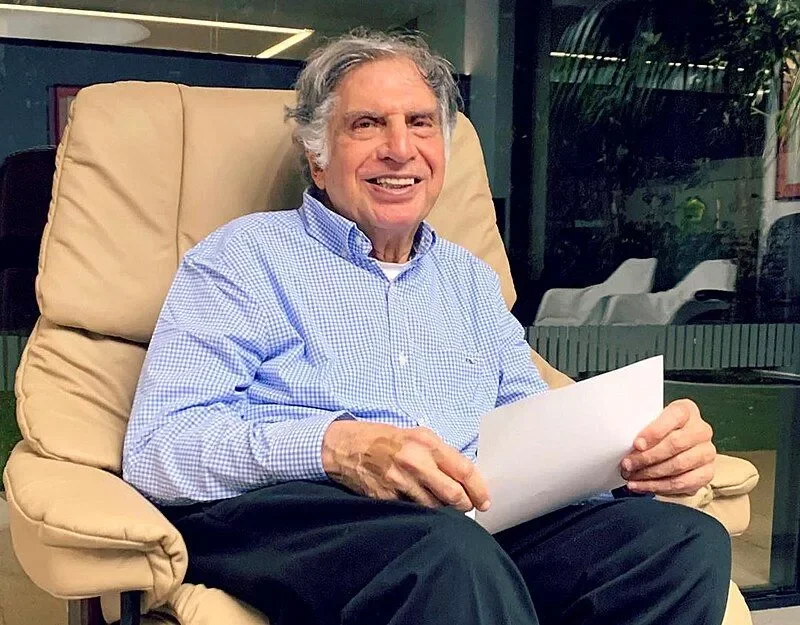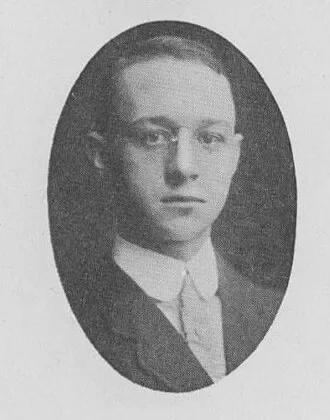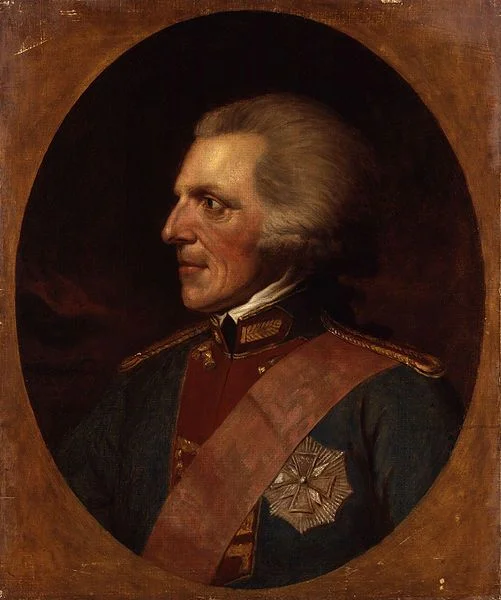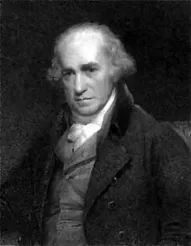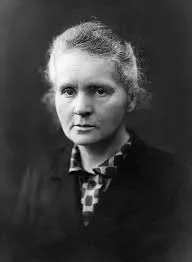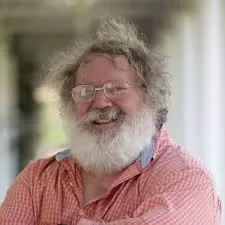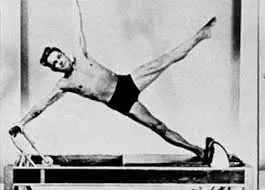Real Celebrities Never Die!
OR
Search For Past Celebrities Whose Birthday You Share
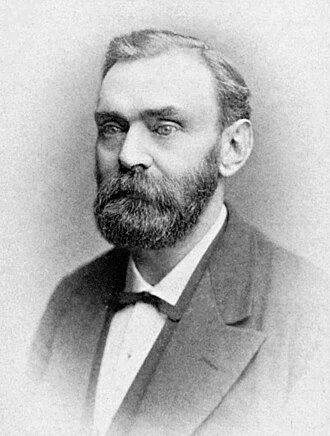
source:wikimedia.org
Alfred Nobel
Birthday:
21 Oct, 1833
Date of Death:
10 Dec, 1896
Cause of death:
Stroke
Nationality:
Swedish
Famous As:
Businessman
Age at the time of death:
63
Alfred Nobel's Quote's
Early Life:A Childhood of Curiosity and Ingenuity
Alfred Nobel was a man of contradictions—a brilliant scientist whose inventions shaped industries, yet a humanitarian determined to leave a legacy of peace. Born on October 21, 1833, in Stockholm, Sweden, Nobel’s name would become synonymous with both destruction and innovation.
As the inventor of dynamite, he revolutionized mining and construction, but his contributions also changed the face of warfare. Troubled by the devastating uses of his inventions, he sought to ensure that his fortune would be used to recognize and reward the pursuit of knowledge, peace, and human advancement. This vision materialized in the form of the prestigious Nobel Prizes, forever linking his name to excellence and progress.
Born into a family of engineers, young Alfred was immersed in the world of invention from an early age. His father, Immanuel Nobel, was an industrialist and inventor who specialized in mechanical engineering and military technology.
In 1842, the family moved to Russia, where Immanuel found success in supplying military equipment to the Tsar’s army. It was there that Alfred received a rigorous private education, studying chemistry, physics, and languages. He was an exceptionally gifted student, fluent in multiple languages and deeply fascinated by the sciences, particularly chemistry and explosives.
Career: The Invention That Changed the World
After returning to Sweden in 1850, Alfred joined his father’s factory, where he began working with the volatile compound nitroglycerin. At the time, nitroglycerin was highly unstable and dangerous to handle. Determined to make it safer for commercial use, Nobel developed a detonator in 1863, followed by a breakthrough in 1867 when he combined nitroglycerin with an absorbent material, creating a stable explosive he named dynamite. This invention transformed industries, making construction and mining far more efficient, but it also found military applications, earning Nobel both fortune and controversy.
His innovations did not stop at dynamite. He later developed gelignite, an even more powerful explosive, and ballistite, one of the earliest forms of smokeless gunpowder. Nobel’s contributions to chemistry and engineering earned him immense wealth and over 350 patents across various fields.
A Troubled Conscience and a New Legacy
Despite his success, Nobel became increasingly concerned about the destructive potential of his inventions. A turning point came in 1888 when a premature obituary mistakenly published in a French newspaper condemned him as a “merchant of death” due to his role in advancing explosives technology. Deeply troubled by this perception, Nobel resolved to change how he would be remembered.
Determined to leave a legacy of peace and progress, he made a remarkable decision in his will: he left the majority of his vast fortune to establish the Nobel Prizes. These awards, first presented in 1901, would honor outstanding achievements in physics, chemistry, medicine, literature, and peace—fields that embodied his belief in human progress and the betterment of society. In later years, the Nobel Prizes expanded to include economics, further cementing his legacy.
The Eternal Impact of a Visionary
Alfred Nobel passed away on December 10, 1896, in Sanremo, Italy, but his name endures through the Nobel Prizes, which remain among the most prestigious awards in the world. His story is one of ambition, innovation, and redemption—a testament to how one man’s vision can inspire generations. Through his final act of philanthropy, Nobel ensured that his legacy would not be one of destruction, but one that celebrates knowledge, discovery, and the pursuit of peace.
Name:
Alfred Nobel
Popular Name:
Alfred Nobel
Gender:
Male
Cause of Death:
Stroke
Spouse:
Place of Birth:
Stockholm, Sweden
Place of Death:
Sanremo, Liguria, Italy
Occupation / Profession:
Personality Type
Protagonist: Charismatic and inspiring leaders, able to mesmerize their listeners. Alfred Nobel wanted to serve a greater purpose and leave a good legacy behind. He strived to have a positive impact on people around him.
Alfred Nobel gave up a majority of his fortune to establish the Nobel Prize in an attempt to better his legacy which would’ve been tarnished due to him inventing dynamite.
He was a member of the Royal Swedish Academy of Sciences.
His brothers founded an oil company in Baku, Azerbaijan which was responsible for producing 50% of the world’s oil.
Nobel was an atheist.
The synthetic element Nobelium is named after him.
He invented the dynamite and the blasting cap.


